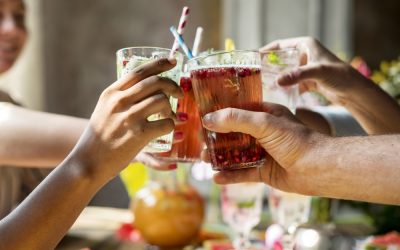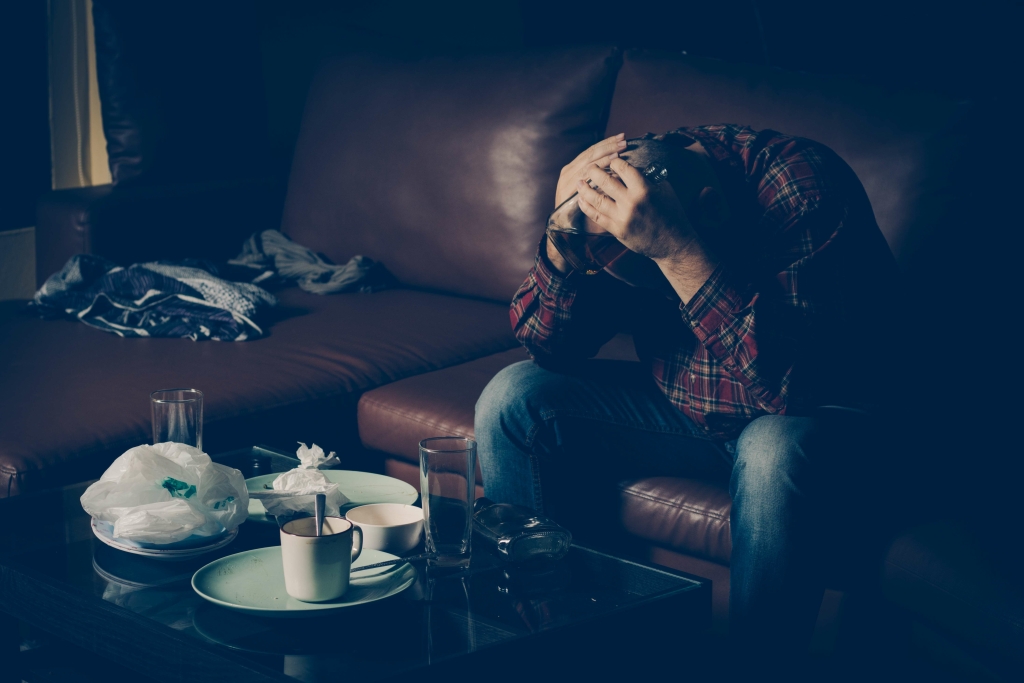But powerlessness is not the same thing as weakness; it isn’t something to be feared or despised. It also is not a lack of agency that implies we are helpless when it comes to choosing Drug rehabilitation between right and wrong. The road to recovery is rarely smooth; challenges abound along the way. One common struggle includes dealing with cravings triggered by stress or social situations.
Step 11 – Through Prayer and Meditation, We Seek to Improve our Conscious Contact with God
Services offered by your treatment team can work alongside the 12 Steps to help you find your path to recovery. Alcoholics Anonymous (AA) operates under a set of 12 steps to achieve daily recovery. AA is a group of fellow recovering alcoholics who use the 12 steps and sponsorship to hold you accountable and offer you a daily reprieve from alcohol dependency. At The Kimberly Center, we know that acknowledging powerlessness isn’t easy, but we want to help simplify the recovery process.
Understanding Why Alcoholics Must Accept Their Powerlessness in AA
Knowing your limitations helps you to succeed and accomplish your goals. Rather, look at step one as knowing what you can and cannot handle. This is because you still need to take action to overcome addiction. Not all peer-led mutual support organizations believe in this idea of powerlessness. For example, LifeRing Secular Recovery, SMART Recovery, HAMS, and Secular Organizations for Sobriety (SOS) focus on self-empowerment rather than looking outside yourself for help.
Teen & Young Adult Treatment Tracks
Very simply, my addiction to alcohol made life unmanageable, and my chaotic and unmanageable lifestyle made for more drinking. Step one suddenly made total sense when I looked at it in reverse. I could have saved myself a lot of pain if I had been honest with myself sooner. Alcoholics Anonymous (AA) offers hope to millions seeking freedom from addiction through its life-changing 12-step program. This proven method has helped many people rebuild their lives since it… When you experience a relapse, returning to this fundamental principle helps you rebuild your sobriety journey.
- These substances literally rewire brain function, making the need to satisfy a craving take prominence over everything else in life–regardless of the consequences.
- It gave me an opportunity to acknowledge the insanity of my obsessive-compulsive nature when it came to my addiction.
- Instead of railing against powerlessness or relying on unhealthy ways of getting our needs met, we can simply share our struggles and ask for help in getting our needs met.
- It is the bread and butter of the fellowship between members.
- We offer peer-led recovery programs that are rooted in the 12-Step program of recovery from Alcoholics Anonymous.
In hindsight, I guess it was too humiliating to admit to myself that, with or without a drink, I was a total mess. These professional treatment options, such as those offered by Oceanfront Recovery in Laguna Beach, create a strong foundation for working Step 1, particularly during the critical early stages of recovery. At Oceanfront Recovery, you’ll find comprehensive support tailored to your specific needs. It can be helpful to think of ‘my power’ or ‘human-power’ as consisting of two things (i) Knowledge (of what to do), and (ii) Ability (to do it).
Understanding “Powerlessness” Over Addiction

But most of the time, once my lips touched whiskey, I’d drink like a thirsty dolphin. Book Jason for speaking engagements, events or appearances and let him bring the message of recovery & hope. Mark joined the medical team at The Freedom Center in September 2018 as the Medical Director. He received his medical degree in Mexico with further certification from Rutgers Medical School in New Jersey.


AA members believe they cannot control their drinking without the help of a higher power. This belief is what gives them hope examples of powerlessness over alcohol and helps them stay sober. Most addicts are filled with guilt, shame, remorse, and self-loathing when they come into the rooms of AA. They’ve also gotten very used to keeping secrets from pretty much everyone, so opening up about the nature and extent of your alcoholic behavior is going against the grain.
He then attended New York Medical College for his residency training. Judy is a Licensed Clinical Professional Counselor in the State of Maryland, and a National Certified Counselor. She earned her Master’s Degree in Clinical Counseling from Johns Hopkins University with an undergraduate degree in Psychology from the University of Maryland.
- This acceptance creates space for genuine healing and growth in your recovery process.
- When you are 2 or 10 or 20 years sober, you are still going to be powerless over alcohol.
- With herself and her staff their main goal is to provide a safe, nurturing environment for our clients.
- Additionally, rebuilding relationships takes time and effort after being affected by your drinking habits.
It helps foster accountability and is a profound place of support. What happens in a group of people admitting powerlessness over addiction is a power in itself. It is admittedly off-putting to think of yourself as “powerless.” Many people see asking for help to overcome a particular struggle as a sign of personal failure. This pervasive stigma is a big reason why seeking help for substance abuse, or even admitting you struggle with substance abuse, is so hard. Support systems play https://ecosoberhouse.com/ a crucial role in helping individuals feeling powerless over alcohol regain control. Various resources provide encouragement, understanding, and practical strategies to navigate this challenging journey.
Myth 1: Science Does Not Back AA
Understanding power dynamics is essential in evaluating how addiction affects relationships. Power imbalances can significantly influence communication and create challenges in partnerships. Breaking this cycle requires awareness and commitment toward recovery strategies. Recognizing these patterns helps you take the first step toward regaining control over your life and choices related to alcohol use. The Narcotics Anonymous (NA) Big Book states that “we were powerless over our drug problem” as its first tenet. Like AA members, NA members believe they cannot control drugs without the help of a higher power.
